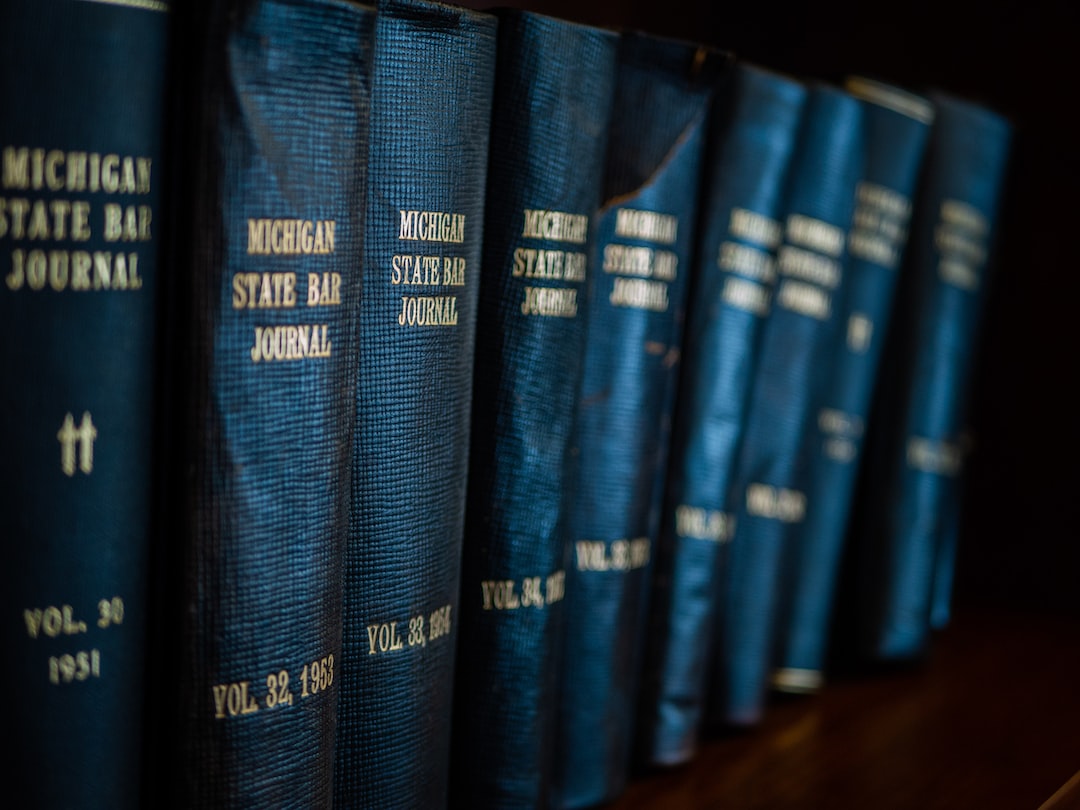The Importance of Due Process in the Criminal Justice System
In any democratic society, the criminal justice system plays a vital role in maintaining law and order. It ensures that individuals accused of committing crimes are treated fairly and justly. Central to this system is the concept of due process, which guarantees the rights of the accused and protects against arbitrary actions by the state. Due process acts as a safeguard against wrongful convictions and ensures that justice is served.
Due process includes a set of procedural rights that should be afforded to every individual accused of a crime. These rights include the presumption of innocence, the right to a fair and public trial, the right to legal representation, and the right to present evidence and witnesses in one’s defense. The purpose of these rights is to prevent the state from abusing its power and to give individuals a fair chance to defend themselves against criminal charges.
The presumption of innocence is a fundamental principle in the criminal justice system. It means that each person is considered innocent until proven guilty beyond a reasonable doubt. This presumption ensures that the burden of proof lies with the prosecution and that the accused is not required to prove their innocence. It prevents wrongful convictions by placing the onus on the state to present convincing evidence of guilt.
The right to a fair and public trial is another crucial component of due process. It ensures that trials are conducted openly, allowing the public to observe and scrutinize the proceedings. Open trials promote transparency and enable the public to have confidence in the fairness of the system. Additionally, fair trials provide the accused with an opportunity to challenge the evidence against them and establish their innocence.
Legal representation is a fundamental right that ensures a defendant has access to legal counsel throughout the criminal proceedings. Adequate legal representation is crucial for a fair trial, as it allows the accused to understand their rights, navigate the complex legal process, and present a strong defense. It helps level the playing field between the accused and the prosecution, ensuring a more balanced and just outcome.
The right to present evidence and witnesses in one’s defense is a fundamental aspect of due process. It allows the accused to challenge the prosecution’s case and present evidence that supports their innocence. This right ensures that all relevant evidence is considered and prevents the state from unfairly suppressing exonerating evidence. It is a crucial safeguard against wrongful convictions and underscores the importance of a fair and impartial trial.
Due process also encompasses other rights, such as the right to confront witnesses, the right to remain silent, and the right to be free from cruel and unusual punishment. These rights further protect the accused from unfair treatment and ensure that the criminal justice system operates with integrity and respect for human dignity.
The importance of due process cannot be overstated. It is the cornerstone of a fair and just criminal justice system. By guaranteeing individuals the right to a fair trial, the presumption of innocence, legal representation, and the right to present evidence in their defense, due process safeguards against wrongful convictions and ensures the reliability and legitimacy of the criminal justice system.
Without due process, there is a risk of individuals being unjustly punished and the erosion of public confidence in the system. It protects against abuse of power, arbitrariness, and injustice. Due process ensures that everyone, regardless of their social status or background, is accorded the same rights and protections. It upholds the principles of fairness, justice, and equality that lie at the heart of a democratic society.
In conclusion, due process is essential to the functioning of the criminal justice system. It guarantees the rights of the accused, protects against wrongful convictions, and ensures that justice is served. By preserving the presumption of innocence, providing a fair trial, ensuring legal representation, and allowing the presentation of evidence, due process upholds the integrity and fairness of the criminal justice system. It is a fundamental principle that should be upheld in every society committed to justice and the protection of individual rights.

